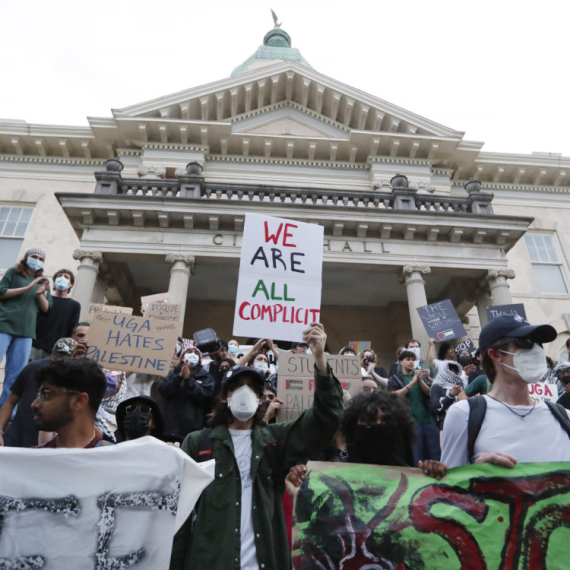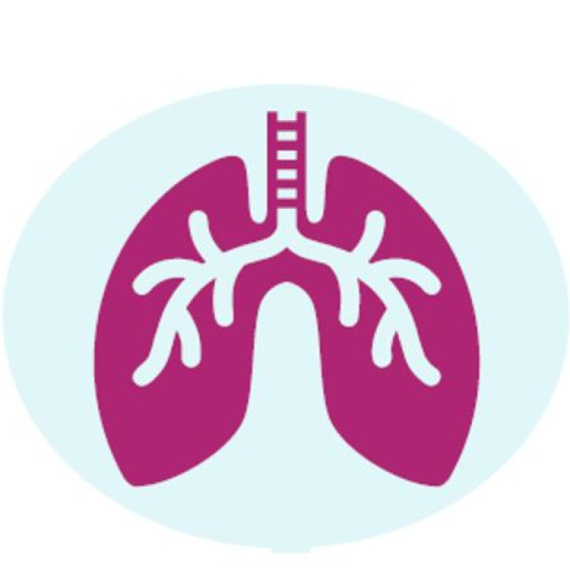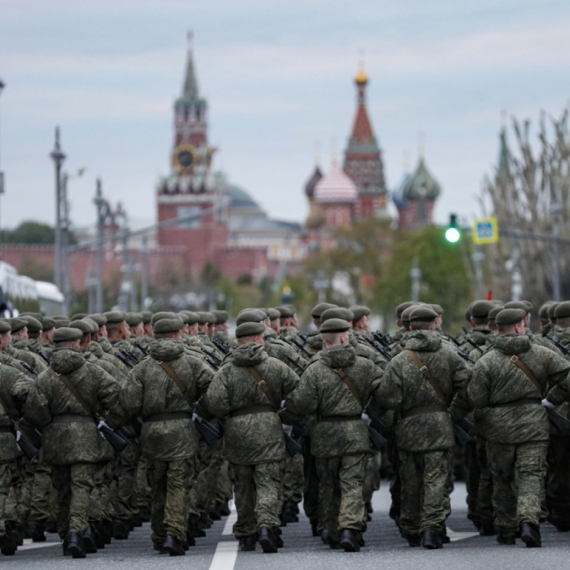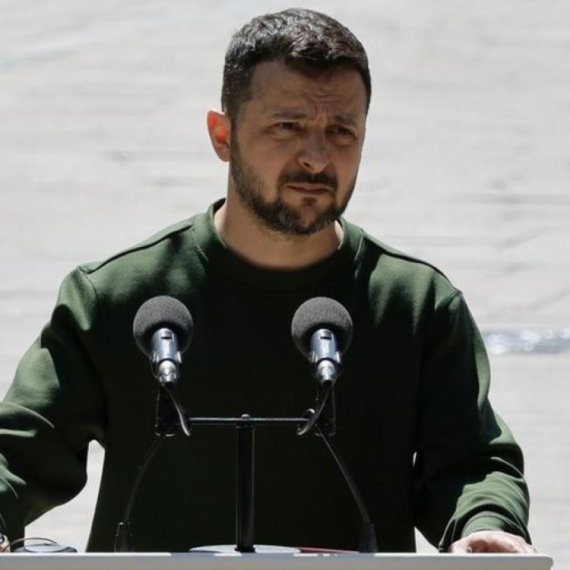U.S.: Serbia continues to make progress in human rights
U.S. State Department annual report on human rights in 2010, which was published Friday, assesses that Serbia has continued to make progress in human rights.
Saturday, 09.04.2011.
11:27

U.S. State Department annual report on human rights in 2010, which was published Friday, assesses that Serbia has continued to make progress in human rights. The report also added that Serbia continued to cooperate with the Hague Tribunal. U.S.: Serbia continues to make progress in human rights The section pertaining to Serbia assesses that the government has continued to make progress in cooperation with the Hague Tribunal, noting that Hague Tribunal Chief Prosecutor Serge Brammertz said in his December report that Serbia had continued to respond adequately to the tribunal's requests for assistance and access to documents and witnesses. However, two Hague suspects, Ratko Mladic and Goran Hadzic, remained at large, and The Hague continues to insist on their arrest. According to the report, one significant human rights achievement was marked at the October 10 Pride Parade, when the government affirmed the freedom of assembly of the LGBT community. Unlike previous years, the government worked closely with organizers to prepare for the event, and police successfully protected the marchers despite widespread violent protests by extremist groups, says the report. Societal perceptions of homosexual conduct and attitudes towards the LGBT population continued to be negative, the report notes. The Constitution prohibits discrimination based on race, gender, disability, language, or social status, and the government made efforts to enforce these prohibitions effectively, notes the report. However, discrimination against women and ethnic and sexual minorities, trafficking in persons, and violence against women and children were problems, believes the U.S. State Department. The State Department reminds that the European Commission against Racism and Intolerance in 2008 noted the existence of a climate of hostility toward national and ethnic minorities, who constituted 25 to 30 percent of the country's population. Modest progress was made in identifying missing persons from the Kosovo conflict, it is assessed. The report reminds that Council of Europe Rapporteur Dick Marty released a report which alleged that members of the Kosovo Liberation Army (KLA) organized the murder and subsequent organ trafficking of Serbian and Kosovo Albanian prisoners in 1999. Serbian media independent A section of the reports which deals with the situation in the media concludes that the majority of print and electronic media are independent and privately-owned, even though the state has kept significant resources. The report also notes that the privatization of local media has not been completed, and that reports of the government infringing on freedom of speech and the press mostly come from the local level and from individuals who publicly or privately criticize the government. It is assessed that the Radio and Television of Serbia (RTS) reports on events objectively for the most part, even though the government holds considerable sway over this medium. It was also noted that many TV station rely on news from the state-owned Tanjug agency. The report also says that independent news agencies Beta and FoNet have complained that state financing gives Tanjug an unfair commercial advantage.
U.S.: Serbia continues to make progress in human rights
The section pertaining to Serbia assesses that the government has continued to make progress in cooperation with the Hague Tribunal, noting that Hague Tribunal Chief Prosecutor Serge Brammertz said in his December report that Serbia had continued to respond adequately to the tribunal's requests for assistance and access to documents and witnesses.However, two Hague suspects, Ratko Mladić and Goran Hadžić, remained at large, and The Hague continues to insist on their arrest.
According to the report, one significant human rights achievement was marked at the October 10 Pride Parade, when the government affirmed the freedom of assembly of the LGBT community. Unlike previous years, the government worked closely with organizers to prepare for the event, and police successfully protected the marchers despite widespread violent protests by extremist groups, says the report.
Societal perceptions of homosexual conduct and attitudes towards the LGBT population continued to be negative, the report notes.
The Constitution prohibits discrimination based on race, gender, disability, language, or social status, and the government made efforts to enforce these prohibitions effectively, notes the report.
However, discrimination against women and ethnic and sexual minorities, trafficking in persons, and violence against women and children were problems, believes the U.S. State Department.
The State Department reminds that the European Commission against Racism and Intolerance in 2008 noted the existence of a climate of hostility toward national and ethnic minorities, who constituted 25 to 30 percent of the country's population.
Modest progress was made in identifying missing persons from the Kosovo conflict, it is assessed. The report reminds that Council of Europe Rapporteur Dick Marty released a report which alleged that members of the Kosovo Liberation Army (KLA) organized the murder and subsequent organ trafficking of Serbian and Kosovo Albanian prisoners in 1999.
Serbian media independent
A section of the reports which deals with the situation in the media concludes that the majority of print and electronic media are independent and privately-owned, even though the state has kept significant resources.The report also notes that the privatization of local media has not been completed, and that reports of the government infringing on freedom of speech and the press mostly come from the local level and from individuals who publicly or privately criticize the government.
It is assessed that the Radio and Television of Serbia (RTS) reports on events objectively for the most part, even though the government holds considerable sway over this medium.
It was also noted that many TV station rely on news from the state-owned Tanjug agency. The report also says that independent news agencies Beta and FoNet have complained that state financing gives Tanjug an unfair commercial advantage.


























































Komentari 5
Pogledaj komentare